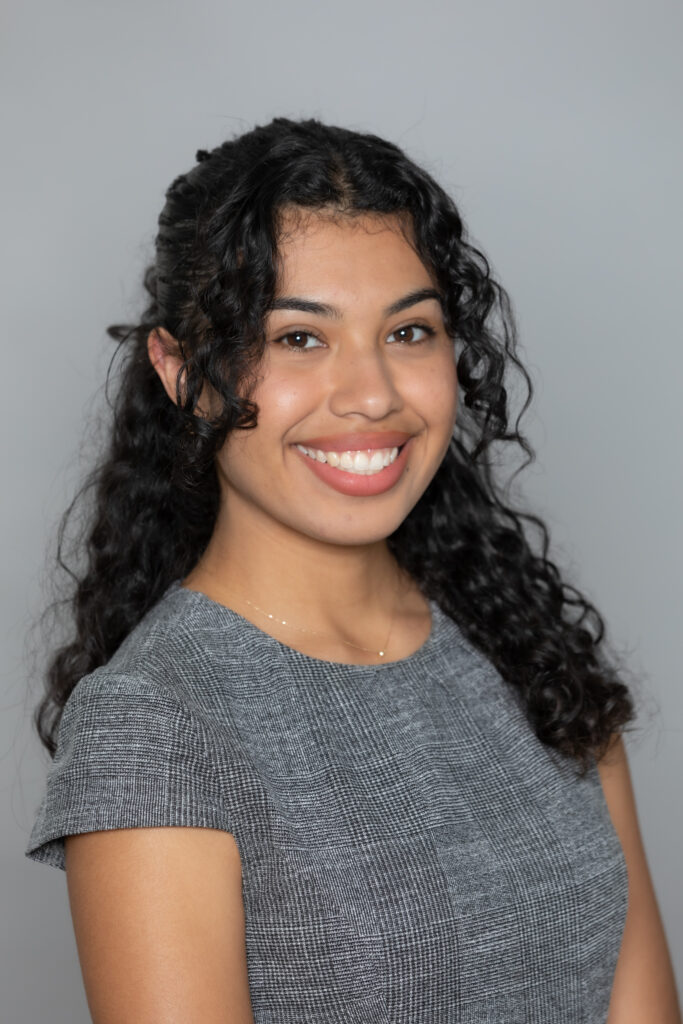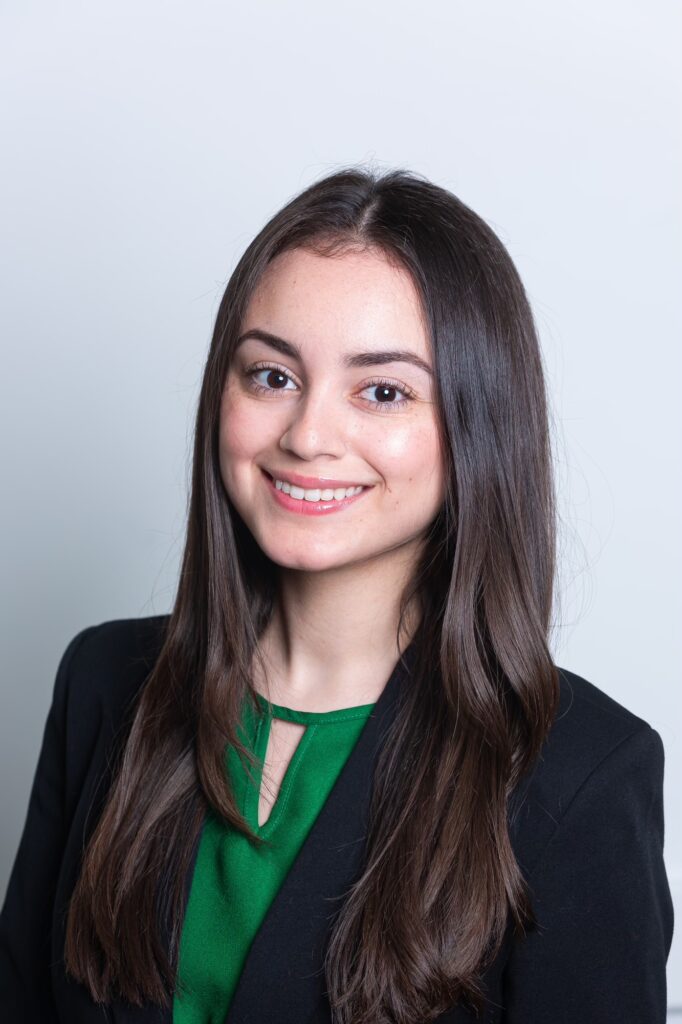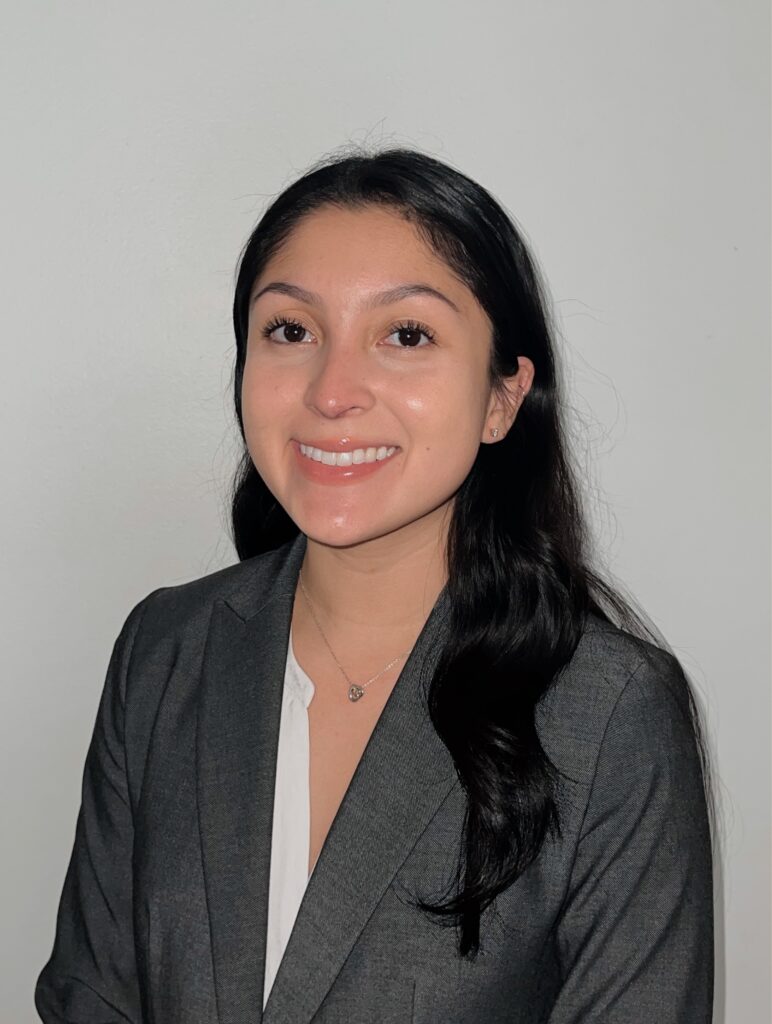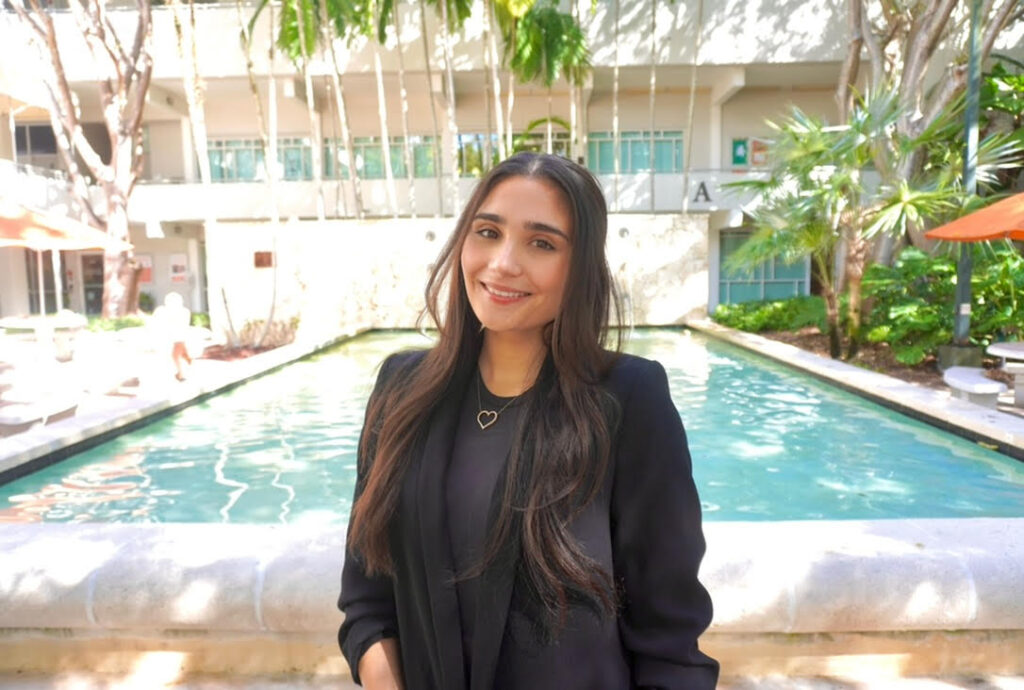The University of Miami Inter-American Law Review (formerly Lawyer of the Americas) was founded in 1969 as an extension of Miami’s position as the “gateway to the Americas.” The Inter-American Law Review is a scholarly legal periodical, which provides a forum in which major international and inter-American legal developments are discussed. With over 800 alumni practicing around the world, the Inter-American Law Review’s reach is truly global.
The Inter-American Law Review publishes articles, casenotes, comments, current reports, and special features by distinguished authorities and law students on international banking and finance, taxation, international trade and commerce, the oceans and aviation, immigration, and Latin American economic integration. All articles are subjected to a rigorous editorial process, culminating in high-quality publications. As a student-run organization, student editors make all editorial and managerial decisions.
In addition to publication, the Inter-American Law Review hosts the annual “Lawyer of the Americas” banquet, which honors a member of the legal community who has demonstrated outstanding and exemplary legal service on a domestic and international scale. Past honorees include federal judges, ambassadors, and prominent legal practitioners. Information regarding the banquet can be found here.
Lawyers, businessmen, professors, and students of inter-American and international law will find the Inter-American Law Review an invaluable source of information regarding recent legal developments in the Western Hemisphere.
The Inter-American Law Review publishes one volume per year composed of two issues published in the Fall and Spring. The current print issue can be found here.
In the 2024-2025 academic year, the Inter-American Law Review will publish its 56th volume.
Cite as: U. Miami Inter-Am. L. Rev.
Fair Use Notice: This web site contains some copyrighted material whose use has not been authorized by the copyright owners. We believe that this not-for-profit, educational use on the Web constitutes a fair use of the copyrighted material (as provided for in section 107 of the US Copyright Law). If you wish to use this copyrighted material for purposes that go beyond fair use, you must obtain permission from the copyright owner. Fair Use notwithstanding we will immediately comply with any copyright owner who wants their material removed or modified, or wants us to link to their web site.
2024 – 2025 Executive Board

Monserrat (“Monse”) is a third-year law student of Nicaraguan and Dominican descent who was born and raised in Miami. Aside from her role in IALR, she is a member of the Hispanic Law Student Association and First-Generation Law Association. Prior to law school, she obtained her Bachelor of Arts in Political Science from Florida International University. This past summer, she worked at Falk Waas Solomon Mendlestein & Davis, in Coral Gables, FL, where she worked on first-party, third-party, and medical malpractice matters. In her free time, Monse enjoys hiking, going to yoga classes, and reading mystery novels.

Anthony Puntasecca is a third year law student at the University of Miami School of Law serving as one of IALR’s Executive Editors. Born and raised in New Jersey, he received his undergraduate degree from Ramapo College of New Jersey with a major in Philosophy. As a summer associate, Anthony gained experience in both criminal and civil law, spending his 1L summer with Galantucci & Patuto Esq. LLC, in Hackensack, NJ, and 2L summer with Beattie Padovano LLC, in Montvale, NJ. After graduation, Anthony intends to return to New Jersey as a Law Clerk for the Bergen County Superior Court.

Maxwell Rothman is a 3L from St. Petersburg, Florida. Prior to law school, he received a Bachelor of Arts in History and Spanish, as well as minors in Public Policy and International Studies from the University of Michigan – Ann Arbor. This past summer, he worked at Hamilton, Miller & Birthisel here in Miami, where he worked on premises liability and admiralty matters. During the summer of 2023, he worked for Sneaker Law LLC, where he had the privilege of contributing to the first law school textbook about the sneaker industry.

Lauryn Holliday was born and raised in Detroit, Michigan. She graduated from Belmont University, where she double majored and earned a Bachelor of Arts in Motion Pictures and Legal Studies. Currently, Lauryn is a 3L at the University of Miami School of Law. She is a Fellow for the Environmental Justice Clinic and a Miami Law Trial Team member. This summer, Lauryn had the opportunity to work at Pillsbury Winthrop Shaw Pittman, LLP in their New York Office. Lauryn is the Managing Editor for the Inter-American Law Review. She is eager to work in this role this year.

Ariana Kravetz is a third-year law student born and raised in Miami, Florida, and is excited to serve as IALR’s Student Writing Editor. She attended the University of Texas at Austin where she got her Bachelor of Journalism. Last year, Ariana was a clinical intern at the Children and Youth Law Clinic and is currently a clinical fellow. This past summer, she worked on complex business and family litigation. She is looking forward to another year of exploring global matters and working with a great team!

Monica Diaz is a third year student at the University of Miami School of Law and an intern of the University of Miami Children and Youth Law Clinic. Prior to pursuing her legal career, Monica graduated with a Bachelor of Arts in English Literature from Villanova University and a Master of Arts in English Literature from the University of Vermont. While in Vermont, she taught first-year college writing classes. Last summer, she worked as a summer associate at Venable LLP. She is happy to share that she received an offer to return to Venable as an associate in commercial litigation after graduation. In her free time, Monica enjoys cooking, reading, and crocheting.

Blake Jennings Hawthorne is a third-year law student who was Born and raised in North Miami Beach, FL. He went to UM for undergrad where he got his Bachelor of Science in Business Administration in Finance and Legal Studies. He also minored in Theatre and participated in several shows through UM’s theatre department, including performances in the Ring Theatre. After graduating in 2018, he spent four (4) years working at Restaurant Brands International (parent company of Burger King, Tim Hortons, Popeyes, and Firehouse Subs). He served in a number of different roles there: Popeyes Marketing during the launch of the chicken sandwich; Popeyes Global Financial Planning and Analysis; He worked in HR for a year doing Diversity & Inclusion and leading our employee experience initiatives. His last role, however, was spent as the Manager of Burger King’s Product and Promotion Execution Team, where he oversaw multiple teams and was responsible for the successful rollout of all market tests and national launches across the US. During his 1L summer, he served as a Judicial Intern for the Honorable Jose E. Martinez out of the US District Court for the Southern District of Florida. During his 2L summer, this past summer, he was a Summer Associate at Jones Day in their Miami office. He will be joining Jones Day in Miami after graduation and passing of the FL bar. In addition to IALR, he is a member of the school’s Trial Team and was an intern for the school’s Startup Clinic in Fall 2023.

Elizabeth Arritola is a third-year law student who was born and raised in Miami, Florida. Elizabeth earned her Bachelor’s degree in Accounting from Florida International University. Last summer, Elizabeth spent the first half of the summer interning for Judge Mark in the Bankruptcy Court for the Southern District of Florida, and the second half of the summer interning at the Miami-Dade State Attorney’s Office in the Career Criminal Division. This past summer, Elizabeth worked as a Law Clerk at Barakat + Bossa where she gained experience working on various matters related to commercial litigation. In her free time, she enjoys taking long walks with her dog and spending time with her friends and family.

Born in Puerto Rico and raised in Miami, Florida, Lia is a third-year law student serving as one of IALR’s Articles & Comments Editor. Aside from her role on IALR, she serves as the Gaubatz Vice President for the Charles C. Papy, Jr. Moot Court Board. She received her undergraduate degree from Florida International University, where she majored in Political Science, with certifications in Human Rights & Political Transitions and Law, Ethics, & Society. Last summer, she was a judicial intern for Judge Beth Bloom. This summer, Lia was a Summer Associate at Bressler, Amery, and Ross.

Born and raised on Long Island, Lindsey LaCamera is a third-year law student serving as one of IALR’s Articles and Comments Editors. She graduated from Boston College in 2022 with a degree in linguistics. In addition to her role in IALR, she is a member of Miami Law Women and First Generation Law Association, and she is a fellow for the Investor Rights Clinic. Two summers ago, Lindsey worked as a legal intern for the Sarasota State Attorney’s Office in the misdemeanor division. This past summer, she worked at Morgan & Morgan, P.A., in Tampa, Florida, where she worked on personal injury matters.

Margo Jarjoura is a third-year student at the University of Miami School of Law and is serving as IALR’s Online Publications Editor. She was born and raised in Ann Arbor Michigan and received her undergraduate degree from Indiana University, where she majored in Media Management and minored in Marketing. During the summer of 2023, she was a law clerk at Beighley, Myrick, Udell, Lynne + Zeichman. This past summer she was and currently is a law clerk at Falk, Waas, Solomon, Mendlestein, & Davis.

Camila Real is from Miami, Florida, and she attended Babson College in Boston, where she earned a degree in business with a concentration in legal studies. She has a strong passion for transactional law and takes pride in being part of the Inter-American Law Review, particularly due to her Latin American heritage and the publication’s focus on issues relevant to the region. As the alumni-advisor for the Law Review, she enjoys fostering connections with our accomplished alumni and contributing to the growth and cohesion of the IALR community.

Nicole Vahlkamp is a 3L at the University of Miami School of Law and the Symposium Editor of the Inter-American Law Review. Nicole has participated in various internships and opportunities while in law school, including working as a summer intern in the Appellate Division of the US Attorney’s District for the Southern District of Florida, and a legal extern for a federal judge in the Southern District of Florida, as well as for a Bankruptcy Judge. She is also the President of the Cardozo Jewish Legal Society for her second term. After graduation, she will join Kirkland & Ellis in Litigation and Investigations in their new Miami office. She graduated from the University of Chicago with her Master’s in Public Policy and the University of Maryland with a B.A. in both Economics and Government & Politics.




